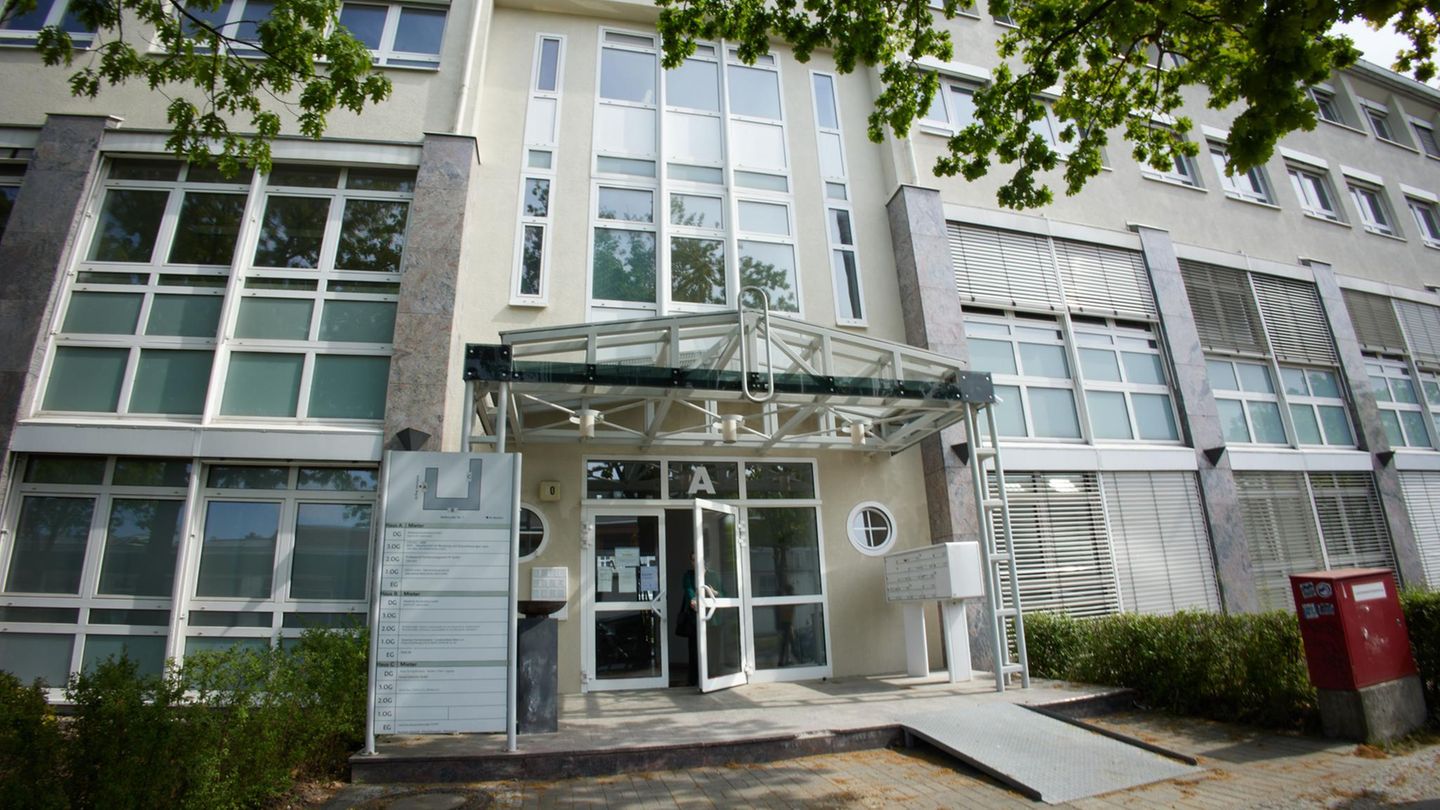The Customs Collection and Control Agency (ARCA) clarified and modified certain provisions related to the CERTIVA service and, in particular, with the issuance of Tax Credit Certificates (CCF) within the framework of the Large Investment Incentive Regime (RIGI).
CERTIVA is a web service developed by exAFIP to manage CCFs, a tool that allows taxpayers to credit certain taxes paid and use them to offset other tax obligations.
In this context, the resolution details how the maximum limit for the issuance of CCF by the VPUs is calculated, specifying that the Banco Nación selling currency exchange rate at the close of the business day prior to the issuance of the receipt will be used.
It also allows the Enforcement Authority to enter advance information on the monthly investment schedule, as well as make modifications and extensions, and updates the resolution to reflect the new name of the issuing entity, now called ARCA.
Modifications to Annex I of General Resolution No. 5,589
- Point 4 of Chapter E is replaced, establishing: that the consolidated amount in the currency of the investment plan will be the limit of the certificates. The possibility of loading, modifying or expanding monthly investment data is provided through the CERTIVA service.
Thus, ARCA defined the exchange rate to be used to calculate the value in pesos of the investment projects and the amounts committed, with the objective of establishing the maximum limit for the issuance of Tax Credit Certificates by Single Project Vehicles ( VPU).
In response to queries received, the Executive Director of ARCA issued General Resolution No. 5606, specifying that, exclusively for this purpose, the currency selling exchange rate of the Banco de la Nación Argentina corresponding to the close of the business day prior to the issuance of the receipt issued by the supplier or service provider, or on the date of officialization of the import clearance.
Changes in institutional nomenclature
It mentions that any reference to the Federal Administration of Public Revenues (AFIP) in the previous regulations must be understood as being made to the Customs Collection and Control Agencywhich reflects an institutional reorganization.
The purpose of the RIGI is to promote large investments from the private sector in Argentina, promoting economic development, job creation and increasing exports of goods and services. This regime covers key sectors such as forestry, tourism, infrastructure, mining, technology, steel, energy, oil and gas.
The regime establishes a minimum investment threshold of US$200 million, although the Executive Branch can adjust it depending on the sector. In the case of projects that position Argentina as a long-term strategic supplier in international markets where the country does not yet have a significant participation, and that contemplate investments in assets in successive stages, the investment requirement may reach or exceed US$1 ,000 million.
Finally, remember that the resolution will be effective from the December 1, 2024.
Source: Ambito
David William is a talented author who has made a name for himself in the world of writing. He is a professional author who writes on a wide range of topics, from general interest to opinion news. David is currently working as a writer at 24 hours worlds where he brings his unique perspective and in-depth research to his articles, making them both informative and engaging.




